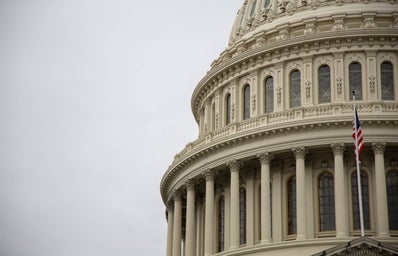The North American Free Trade Agreement, commonly referred to as NAFTA, was implemented on January 1, 1994. The original intent of NAFTA was to eliminate barriers of trade between the United States, Mexico and Canada and promote trade between the three countries. The agreement has made North America into one of the largest trade blocs in the world by gross domestic product (GDP). It was a replacement for the previous trade agreement between the United States and Canada which was enacted in 1989, adding Mexico into the free trade agreement in 1994. The purpose was to stimulate the economies of North American countries, and make trade more accessible.
NAFTA has several clear pros. The main goal of the agreement was met, and trade has nearly tripled since its ratification. It has also increased economic output, augmenting the United States’ output by a steady 0.5% per year. In the United States alone, nearly six million jobs were created that can be directly linked to NAFTA. In all three countries, it is estimated that nearly eighteen million jobs were created. Foreign direct investment (FDI) has more than tripled as well, which is a great benefit for all of the countries involved. Since NAFTA, the United States has stopped relying so heavily on the Middle East for oil because Mexico’s oil prices have been more favorable since tariffs were no longer in effect. For the average American citizen, this is a great benefit because food prices have been drastically reduced.
Arguments against NAFTA are also very strong. Some estimates, contrary to the information in the previous paragraph, have shown substantial job loss. Most of the approximate five hundred thousand lost jobs were in specific industries, especially manufacturing jobs. Job migration led to lower wages in the United States, because companies began outsourcing to Mexico in order to avoid paying high wages. Economists also theorize that the subsidization of agricultural goods led Mexican workers to immigrate to the United States because their wages became unsustainable. This led to substandard positions for these workers, and has led to immigration policy problems in the United States. Mexican farmers were forced to use harmful chemicals which damaged the environment to remain competitive in the market as a whole. All in all, nearly five million jobs were created in the United States, but five hundred thousand were lost in the manufacturing sector. The pros do seem to outweigh the cons, and NAFTA should not be considered a disaster by any stretch of the imagination. What do you think?


